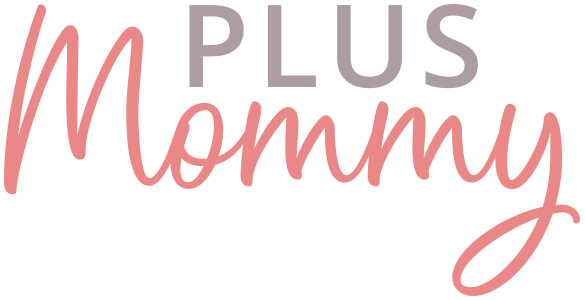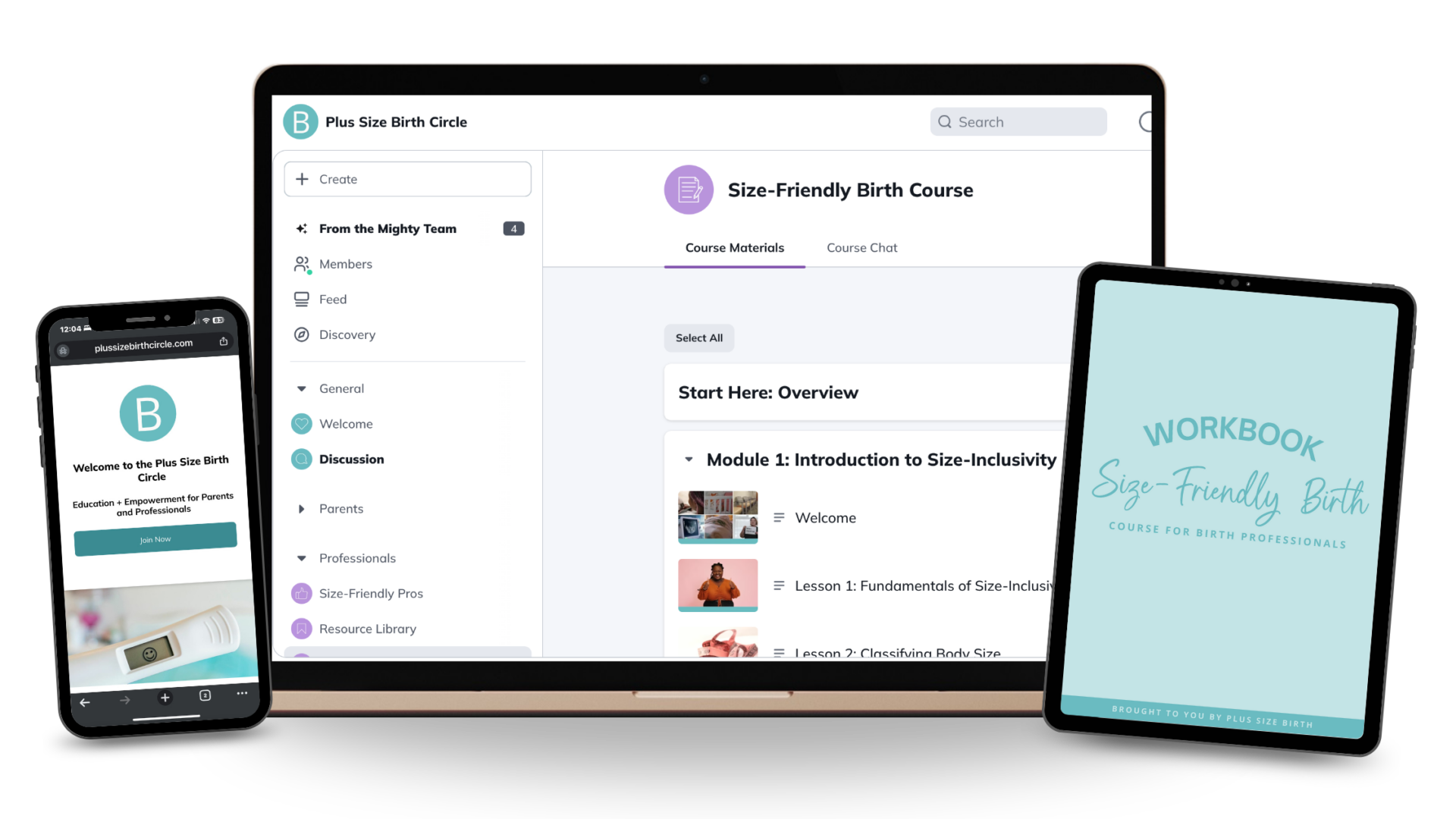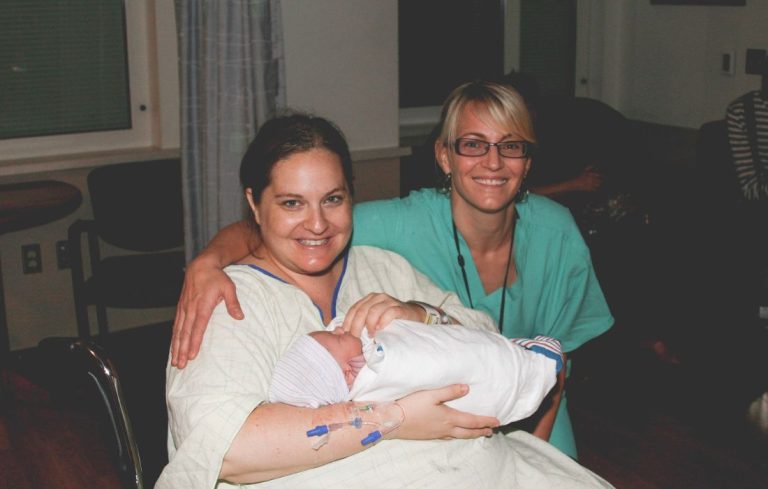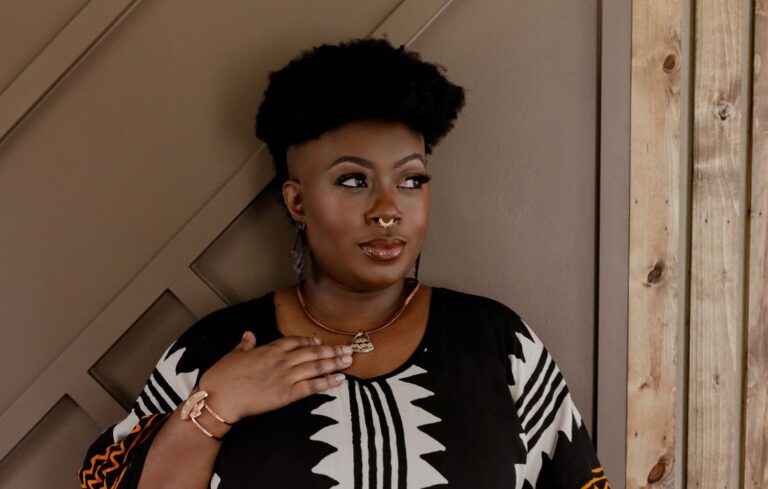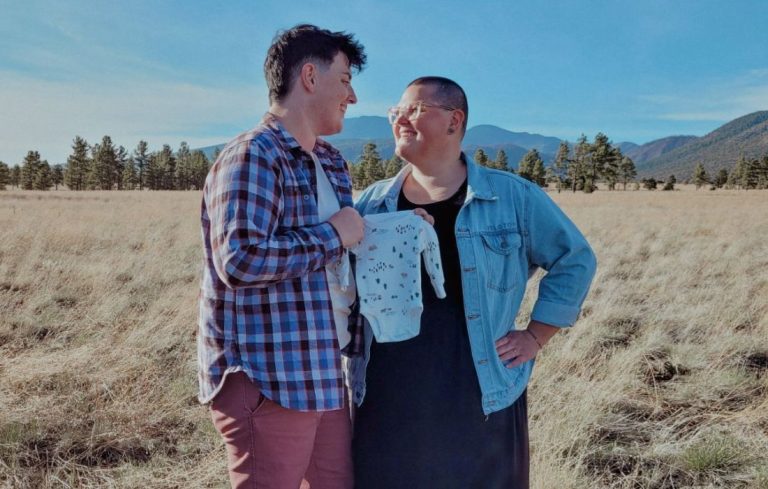Fat and Pregnant: How to Support Your Mental Health Now
Mental health deserves just as much attention during pregnancy and postpartum as physical health—especially when you’re fat and pregnant, faced with added challenges, including weight stigma, provider bias, and lack of tailored support.
In this deeply personal and educational episode of the Plus Mommy Podcast, host Jen McLellan is joined by psychologist Dr. Linda Baggett to discuss how to protect and prioritize your mental wellness throughout pregnancy and the postpartum period.
Together, they explore therapy, trauma, boundaries, body image, and the importance of community care for people navigating pregnancy in a larger body.
Therapy Is a Form of Prenatal Care
Mental health support isn’t just for moments of crisis; it’s something to consider even before the baby arrives.
Dr. Baggett encourages all expecting parents, especially those with a history of trauma or anxiety, to view therapy as an essential part of prenatal preparation. She shares how even just a few sessions during pregnancy can help people process previous experiences, navigate fears around childbirth, and build confidence.
Seeking out a therapist who is trauma-informed and aligned with Health at Every Size® principles is key when you’re fat and pregnant (or plus-size if you prefer that term).
For those who’ve had negative experiences in healthcare settings, it can be powerful to work with someone who understands how to support you without judgment.

Boundaries Are an Act of Self-Care
From unsolicited advice to weight-focused comments, setting boundaries during pregnancy is crucial.
Dr. Baggett shares that boundaries aren’t about being harsh; they’re about protecting your energy and well-being. This might look like preparing simple, clear responses such as “I’m not open to discussing my weight” or “That topic doesn’t support my well-being right now.”
By practicing these boundary-setting phrases early in pregnancy, you’ll feel more prepared to use them with providers, family, or even strangers.
As Dr. Baggett explains, boundaries are one of the most important mental health tools we have, especially for those who are already navigating systems that can be invalidating or harmful.
Fatphobia in Fertility and Prenatal Care
Dr. Baggett vulnerably shares her own fertility journey at age 40, revealing the fatphobia and medical trauma she experienced—even during procedures performed under anesthesia.
She speaks candidly about being made to feel “othered” in medical spaces, and how she had to fiercely advocate for herself to receive equitable care.
For many plus-size people, these experiences aren’t uncommon.
That’s why Dr. Baggett stresses the importance of finding size-friendly providers who treat you with respect and dignity. Knowing your rights, asking about provider experience with larger bodies, and even bringing a support person to appointments can all help create a safer, more empowering experience.
Body Image Grief Is Real when You’re Fat and Pregnant
There’s a particular kind of grief that can come with not having a baby bump shape that mirrors social media’s narrow beauty standards.
Dr. Baggett acknowledges and normalizes this grief, particularly for those in larger bodies who may feel invisible or judged during pregnancy. It’s okay to feel this way, and it’s important to remember that your experience is valid and worthy of support.
She recommends curating your social media feed to include diverse body sizes, real pregnancy stories, and uplifting content.
Plan Ahead for Postpartum Wellness
Postpartum is often framed as a physical recovery, but the emotional landscape deserves just as much planning.
Dr. Baggett encourages people to create a postpartum mental health plan during pregnancy, just like they might plan for birth.
Key questions to ask yourself:
- Who can I talk to if I feel overwhelmed?
- What are my signs of anxiety or depression?
- What support systems (friends, therapists, community groups) can I lean on?
Having this plan in place makes it easier to take action in the moment, especially when sleep deprivation and hormonal shifts make it harder to think clearly.

Know the Red Flags
While the “baby blues” affect many parents in the first two weeks postpartum, longer-lasting or more intense symptoms may signal a perinatal mood or anxiety disorder (PMAD). Dr. Baggett outlines some key red flags to watch for:
- Persistent sadness or hopelessness
- Panic attacks or high anxiety
- Difficulty bonding with baby
- Intrusive thoughts (especially those that feel scary or unwanted)
- Disturbed sleep unrelated to the baby’s schedule
If any of these signs show up, you are not failing—you are human. Help is available, and recovery is possible with the right support.
Dr. Baggett emphasizes that while most people will never experience postpartum psychosis, it’s important to understand the signs and talk with your provider about any history of bipolar disorder or previous episodes of psychosis.
Resources like Postpartum Support International can offer urgent help and guide you to appropriate care.
Learn so much more during this powerful episode of the Plus Mommy Podcast available below and on your favorite podcast app.
Recording & Show Notes: Plus Mommy Podcast Episode 232
Transcript happily provided upon request.
If you’re navigating pregnancy or postpartum in a larger body, you’re not alone, and you deserve care that honors all of you. Here are some helpful resources mentioned in this episode:
- Well Woman Psychology & Instagram
- ASDAH: Health at Every Size®
- Reagan Chastain – Advocacy Against Medical Fatphobia

Dr. Linda Baggett is a licensed psychologist and owner of Well Woman Psychology, a therapy practice specializing in women’s issues, including a focus on reproductive health issues like pregnancy, fertility challenges, perinatal/postpartum mental health, birth trauma, and pregnancy loss. She also helps women with relationships, trauma and PTSD, sexuality, and all things related to bodies – body image, navigating a fatphobic world, and building a good relationship with bodies, food, and movement. Dr. Baggett is an intersectional feminist, a certified Body Trust provider, and practices from a fat-positive, Health at Every Size lens. She’s also a fat new mom in her 40’s!
This episode is brought to you by the Size-Friendly Birth Course—an online training for birth and postpartum professionals ready to provide size-inclusive care for people in larger bodies.
You’ll get:
- 🎥 Over 6 hours of video lessons
- 📘 A 115-page editable PDF workbook with guided activities
- 🕒 6 contact hours for professional development
- 📜 A certificate of completion
- 🌐 Bonus: Access to the Plus Size Birth Circle—our exclusive online platform and mobile app for on-the-go learning and community support
Use code PLUSMOMMY for 20% off at plussizebirth.com!
